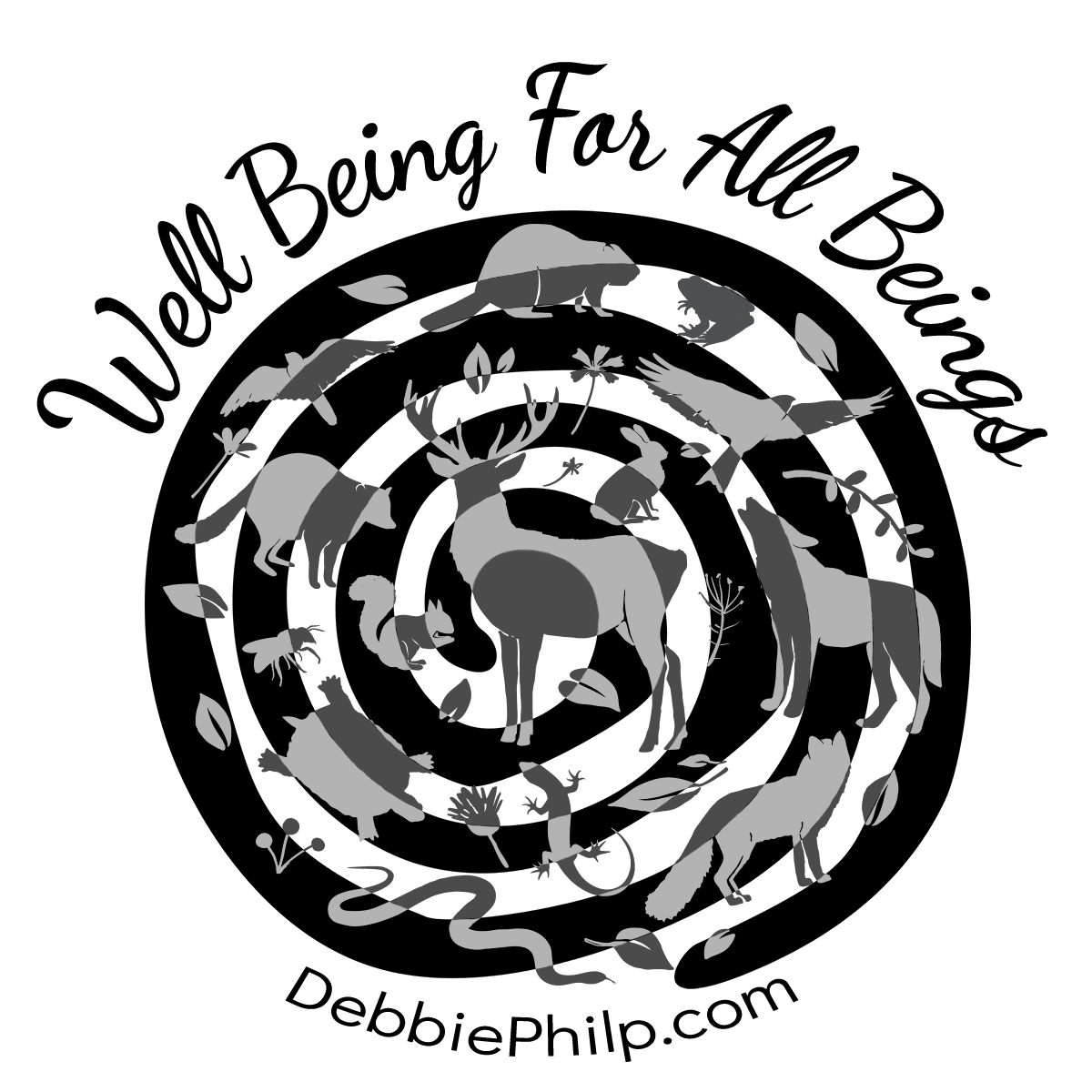Presented at the Unitarian Universalist Congregation of Glens Falls, New York, on June 29, 2025 for the annual flower communion Sunday. This service ends the congregational year. The flower communion ceremony is meant to highlight the beauty of diversity within the community.
I look around at you holding flowers and see not just the beauty of the flowers but of each of you. We’re here today for flower communion, a tradition as we end our church year. But before we talk about the tradition, let’s talk about flowers. With so many flowers blooming now, it’s hard to imagine there was ever a time on this planet when there weren’t flowers, but there was. Before there were flowers, plants reproduced with spores like ferns or seed cones like our pines. But about 130 million years ago, the first flowers appeared.
Flowers were one of the most successful evolutionary adaptations ever. And once they got started, flowering plants rapidly diversified. Today they include pretty flowers like the one you’re holding in your hand, but also deciduous trees like oaks, grasses, grains, and many of our vegetables like tomatoes. Each variation brings something different to the ecosystem and together make the world bright, beautiful, and abundant.
It makes sense that we’re using flowers today to represent our congregation’s diversity. But there is more to this ceremony. You may have heard the story of Norbert Capek, but I think it bears repeating, especially today.
Capek grew up in Eastern Europe before World War I and became a Baptist minister. He founded several churches in what are now Ukraine and Hungary. Capek was a bit of a rebel, though, and his faith and teachings became liberal and anti-clerical. His political views did, too, and they got him in trouble with the German government. Capek fled to the United States with his wife and eight kids. Unfortunately, his wife passed away shortly after they arrived. Capek then met and married Maja, also a transplant from Eastern Europe. He also continued to evolve his beliefs and got in trouble with the Baptist church, too. Capek resigned before they kicked him out and he and Maja discovered the Unitarian church. When World War I ended, they decided to return home and moved back to Prague in 1921, bringing Unitarianism with them.
Capek developed the flower communion to replace the Christian communion ceremony he grew up with and officiated while has was a Baptist minister. He wanted something that built community while allowing for the differing beliefs of congregants. It was first offered in 1923 in the Unitarian church Capek led. He asked his congregants to bring flowers. Whether they came from gardens, fields, or a roadside didn’t matter. The flowers represented the church community, no less unique for being united.
Capek was a visionary thinker, and got his church thinking beyond its doors. The flower ceremony contributed to the building of beloved community. Unfortunately, the Nazis took over and the diversity that the flowers represented was squashed. Capek was invited to return to the U.S., but he chose to stay and continue his work. Maja did go, to stay safe and to raise funds for Czechoslovakian relief efforts. Capek and his daughter were arrested by the Gestapo, who confiscated his books and sermons. He was charged with listening to foreign broadcasts and sent to the Dachau concentration camp, where he was starved and tortured. Even in that awful place, Capek found flowers. Using whatever was growing in the camp, Capek led his flower communion for his fellow prisoners, reminding them that love is present even in that time of great suffering and hate.
Capek died in a gas chamber in 1942. His flower communion lives on because his wife, Maja, brought it with her and introduced it to congregations in Massachusetts.
And so we are continuing the tradition today. We are reminded, though, that this lovely ceremony isn’t meant to be a diversion from what is going on in the world. Doing this ceremony won’t make the dark cloud over this country go away. No, today we are defiant. Our flower communion makes a gentle but fierce declaration that the beauty of flowers emerged in a powerful act of evolution that led to great diversity.
We are remembering today that even when the sun is blocked by those who would quash it, love persists, blooming in testament to perseverance and resistance.
Today, we aren’t just reenacting Capek’s ceremony. We aren’t just recalling what happened 80 years ago. We’re acknowledging that it is happening today, here, in the country where Maja and others once sought refuge from hate. And we are committing to living his vision every day, to bringing our own unique selves into this beloved community. We are here not hiding from the ugly reality out there, but in defiance of it.
